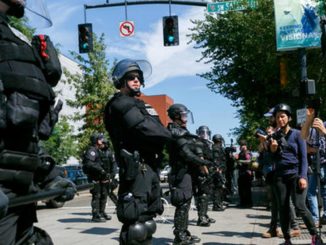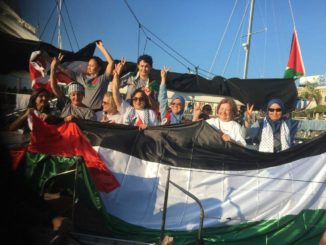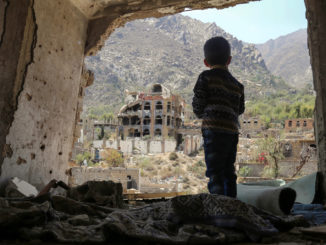
Chevron Must Pay for Environmental Damage in Ecuador, Court Rules
Source: Mongabay
The Constitutional Court of Ecuador has issued a long-awaited ruling in favor of those affected by the transnational oil company Chevron, which operated through its subsidiary Texaco in Ecuador between 1964 and 1990. The court rejected the protection action that the company filed in 2013.
In the 151-page ruling, the court denied Chevron’s claim of violation of constitutional rights. Chevron will now have to pay $9.5 billion for the repair and remediation of social and environmental damage that – according to audits and expert reports – were a result of oil company operations in the Amazonian provinces of Sucumbíos and Orellana.



